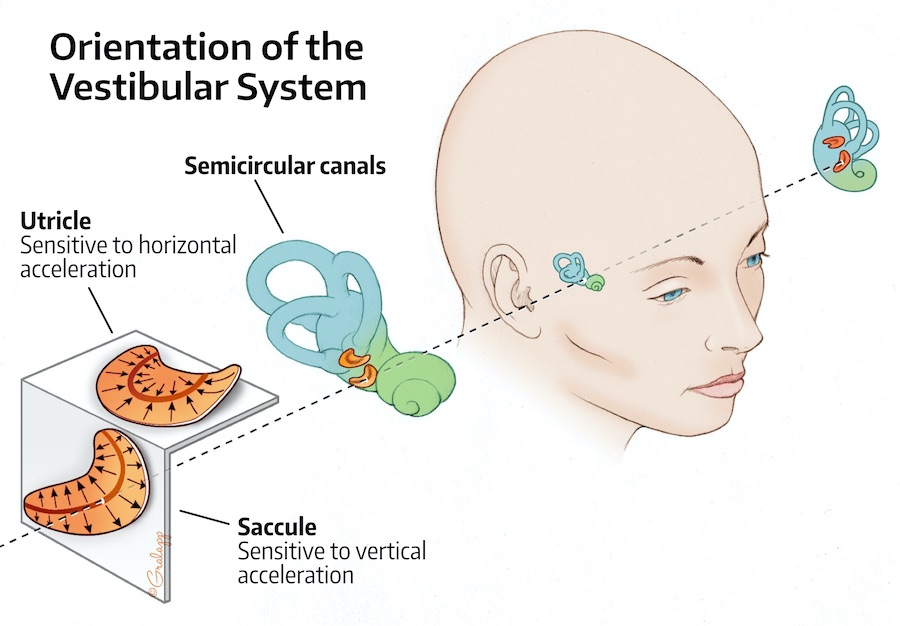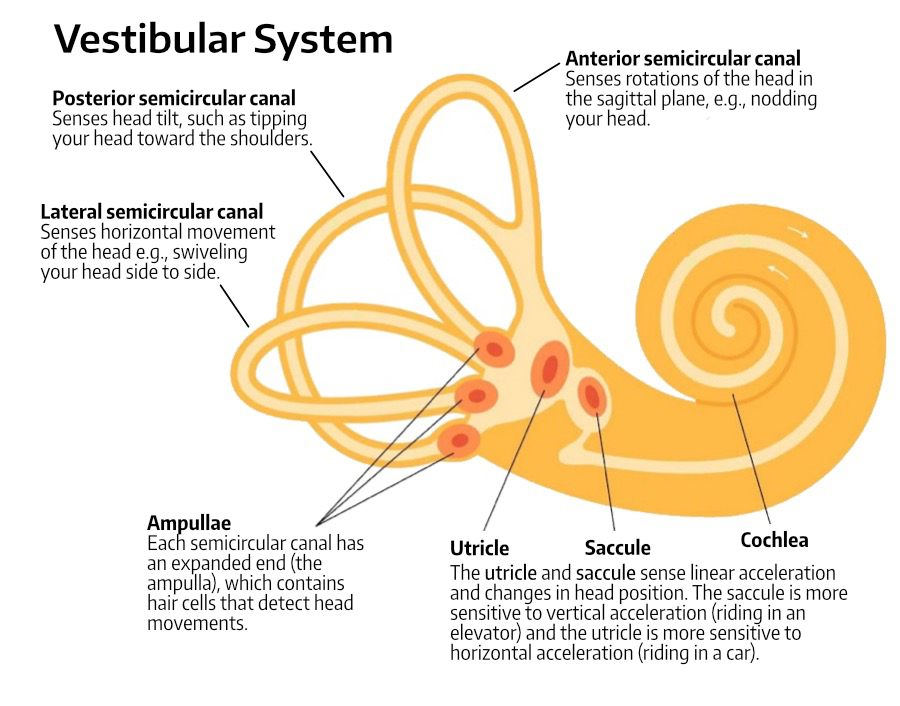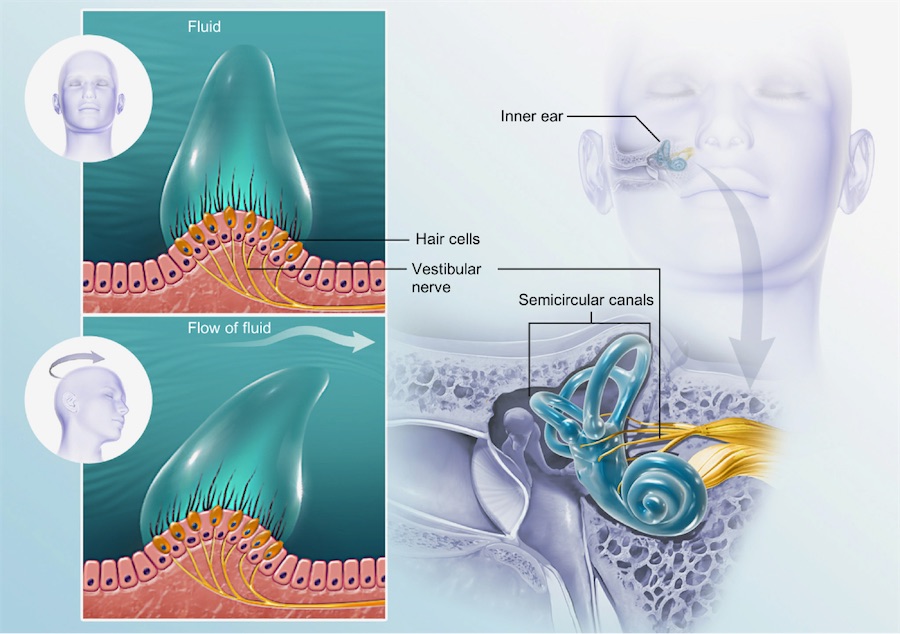Hearing and balance are closely related owing to their shared structures in the inner ear and their use of the vestibulocochlear nerve to send sensory information to the brain. The vestibular system is devoted to balancing; the cochlea to hearing.
They have another thing in common: Loud noise can damage both systems.
"…the same things that cause hearing loss also induce vestibular deficits and vice versa. Our vestibular sense, like our hearing sense, is crucial for our well-being." Jennifer Stone, Ph.D., a member of Hearing Health Foundation's Hearing Restoration Project
- 90 million Americans experience dizziness.
- Vestibular disorders are common among people over 70, causing falls.
- People with balance problems are more susceptible to anxiety, depression, and cognitive deficits.
Notable: Occupational hearing loss causing balance disorders increases workers’ risk of physical injuries.

Why it matters
Effective balance, like healthy hearing, is vital to physical and psychological health and workplace safety.
- Sensory overload from loud noise can damage the vestibular system causing dizziness (feeling off-balance), vertigo (feeling like you or your surroundings are spinning), and blurred vision.
- Prolonged or intense noise exposure can result in structural and functional damage to the vestibular system.
"People who have hearing loss are much more likely to have balance disorders than those who do not have hearing loss." —Jennifer Stone, Ph.D..

A closer look
The vestibular system creates sensory information about balance, motion, and the location of our head and body.
- Three semicircular canals (each has a diameter of 1 millimeter) and two otolith organs, the utricle, and saccule, filled with fluid and hair cells, comprise the vestibular system.
- When we move our heads, fluid in the semicircular canals, utricle, and saccule bend hair cells, producing sensory information, which travels to the brain by the vestibulocochlear nerve.
- The brain interprets this information and forwards it to the eyes, joints, and muscles, keeping us balanced and aware of our body's position.

What to do
You can prevent noise-induced vestibular damage by
- Protecting your ears from loud noise.
- Scheduling regular hearing screenings with an audiologist.
Concerned about your balance or hearing?
Call to schedule a free, 15-minute hearing screening with an audiologist. Audiologists are experts in hearing and vestibular disorders.
Don't let hearing loss or balance problems steal your quality of life.
Crest Hill: 630-633-5060 | Palos Hills: 708-599-9500

